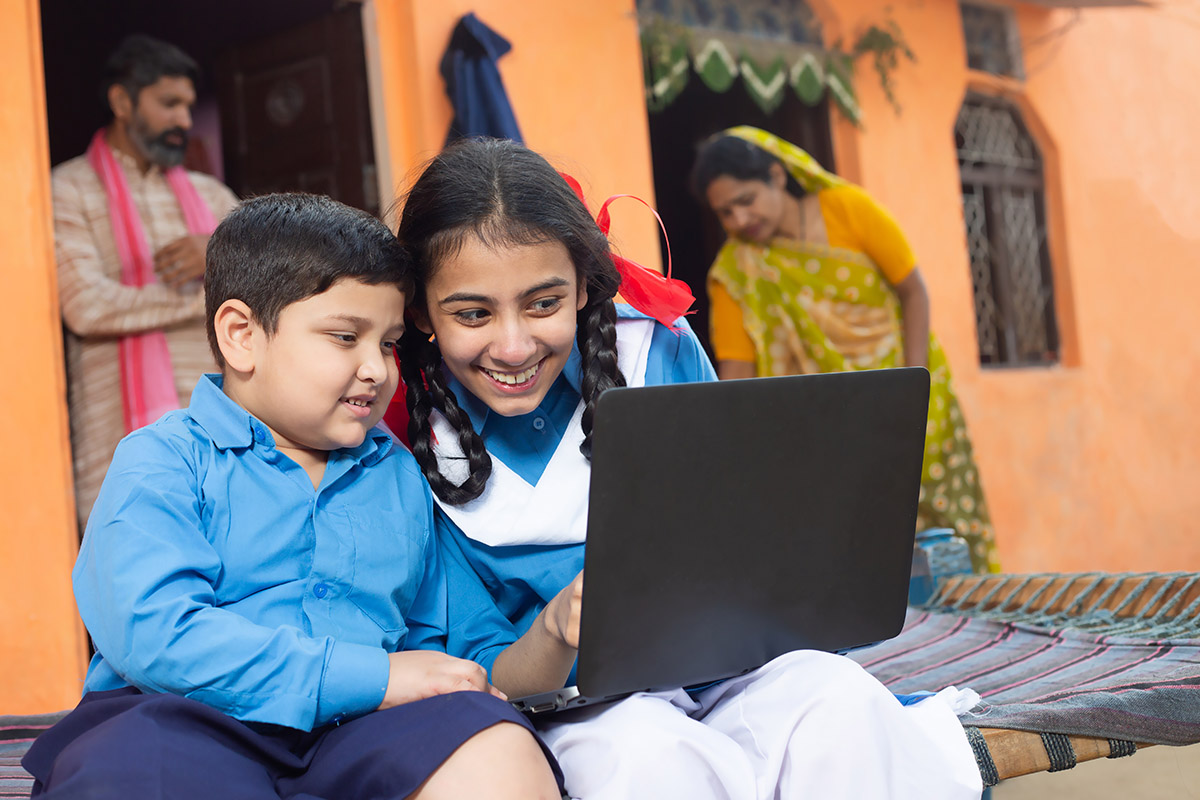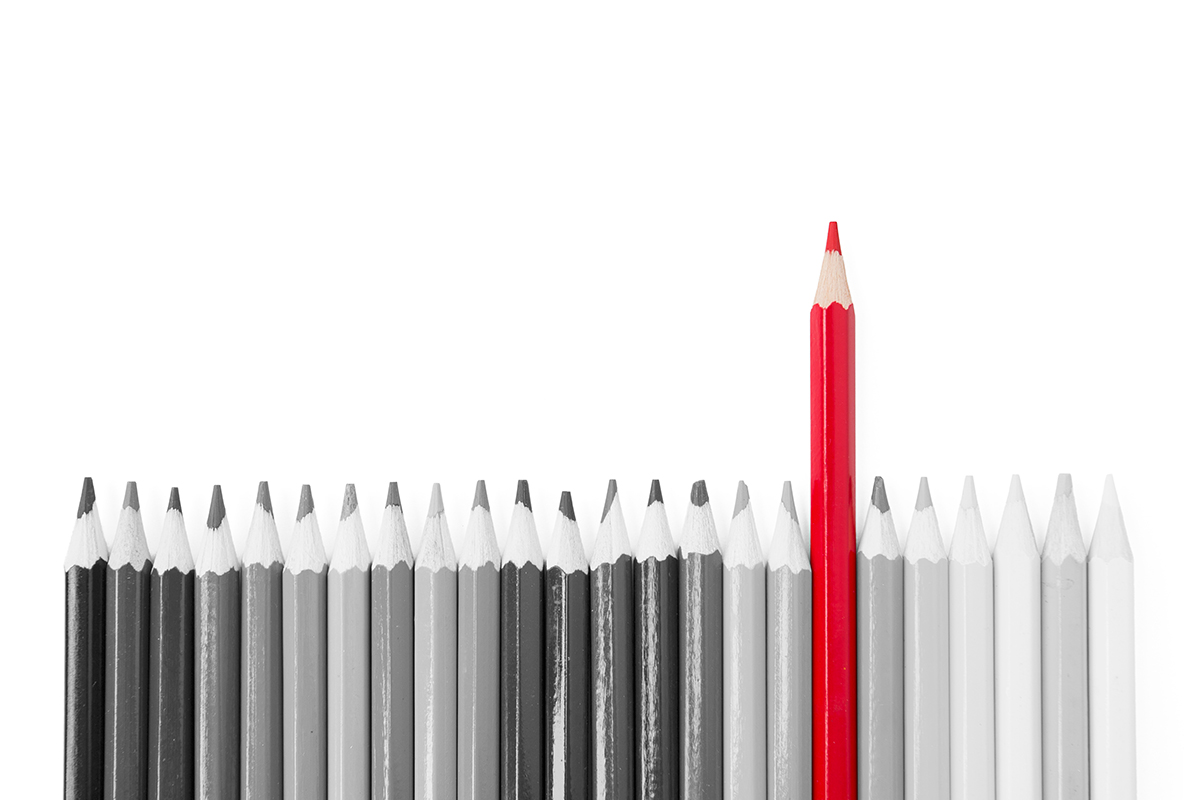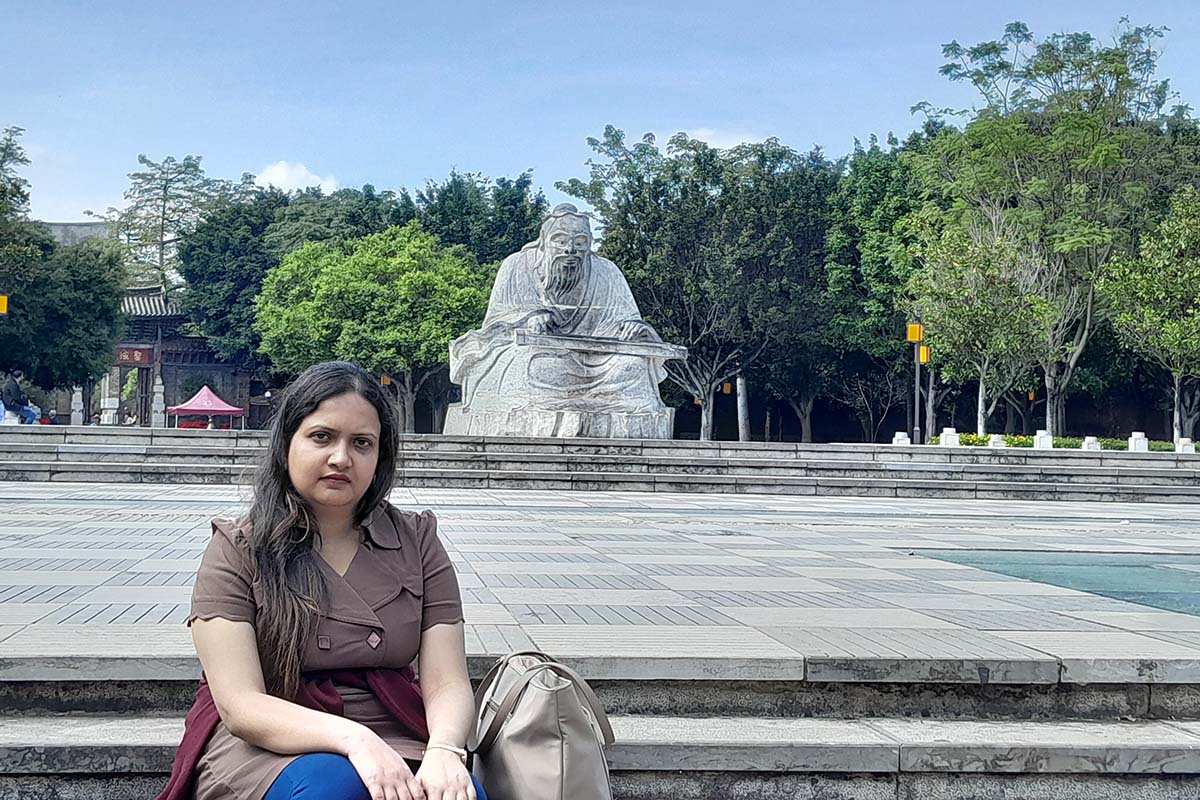Breaking Barriers: Empowering Minds Through Inclusive Education
May 16by Karishma Arora
Sit idle no more. Go, get education.
End misery of the oppressed and forsaken. You have got a golden chance to learn.
Savitribai Phule
These are the words from the pen of the pioneer of women’s education in India. Uneducated at the time of her marriage, Phule was religiously taught by her progressive husband. Once, when she was walking to work, passer-by men threw rotten tomatoes, eggs, and abused her verbally. Undeterred, she paved the way for women to break the shackles of household chores and pursue education. With diligent efforts, she became the first female teacher in India.
Though women are taking a lead in obtaining higher degrees, there is still stigma about educating women. In India, reservation is made for the oppressed classes to obtain jobs and gain entry to colleges. Still, they have not been able to achieve equity with their counterparts. However, the progress made is commendable.
Further, the importance of inclusiveness in education needs reaffirmation in the present era of burgeoning discrimination. It is essential to acknowledge the differences in abilities and needs of individuals while imparting education. The goal should be to create a cycle of educating others about inclusiveness by being inclusive. Peer engagement in classrooms could be one way of building an inclusive ambience in schools. This helps to instill a sense of empathy and compassion in fellow beings.
Dismantling existing barriers in education is also essential for equity. When disparity is allowed to perpetuate, academic performance suffers even for the brightest of students. Thus, this cycle needs to be stopped.
Every individual should be given an opportunity to thrive. Equity is not only about eliminating racism. Michael Phleps was bullied for his long ears. To hide them, he used to wear a hat. Gradually, he converted his frustration into becoming a champion swimmer.
Similarly, the visionary entrepreneur, Elon Musk was bullied during his schooling. Though he credits his challenged upbringing with shaping his resilience, it is undeniable that bullying hinders inclusiveness in an extreme way. A safe and welcoming school environment is pertinent for good education.
Thus, equity demands continuous learning and unlearning throughout one’s life. Moreover, culturally responsive teaching is also essential for equity. Nurturing an inclusive environment is much more important than physical arrangements. Teachers, being the trailblazers, must ensure that every child is well represented in the classroom.
We also cannot deny that equity and diversity go hand-in-hand. Acknowledging the beautiful variations among cultures is essential for creating equity. Further, respecting individual differences helps in the eradication of discrimination among students. One of the important factors in establishing equity is relationship building as inclusivity in education is an evolving process.
Besides inclusiveness, SDG4 talks about quality education. Leaders of tomorrow ought to adopt sustainable strategies in the education sector. As the planet faces so many anthropogenic issues, decision makers of tomorrow should have as their goal, not just the need to impart knowledge, but to improve the quality of life of the pupils.
Consider the example of Michael Faraday who was born dirt poor and yet became one of the marvelous scientists of all times. He started working as a bookbinder and read the science books he came across.
Technology is a click away and learning can be sought from various sources. This is how skills development will take place. Skills development is not only an essential prerequisite for job seekers but also helps to develop the overall personality. The world being dynamic requires people with skills in addition to formal education. Skills acquisition builds self-esteem and leadership abilities and keeps the creative juices flowing. Acquiring skills has become important to adapting to a changing future as it helps to develop analytical thinking. The extrapolated future shows the importance of digital literacy as well.
Education and learning have also been associated with sound mental health. Good education governs the multiple indicators of life such as income and social status which in turn impact mental health. Poor education has been linked to poor emotional balance and lack of resilience.
Education helps to develop critical thinking skills and thus fosters a lifelong love of learning. It helps to develop resilience in oneself and empathy for others. The objective of education is not to devour books but to develop emotional regulation as well as realistic optimism towards life.
Wisdom is not the product of schooling but a lifelong attempt to acquire it
Albert Einstein
Education is a lifelong journey and goes beyond the four walls of the classroom and beyond a few inches of digital screen. The pursuit of self-directed learning can make you Osama or Obama. The Right to Education has become a basic human right.
Learn more about the meeting of Commonwealth Ministers of Education






